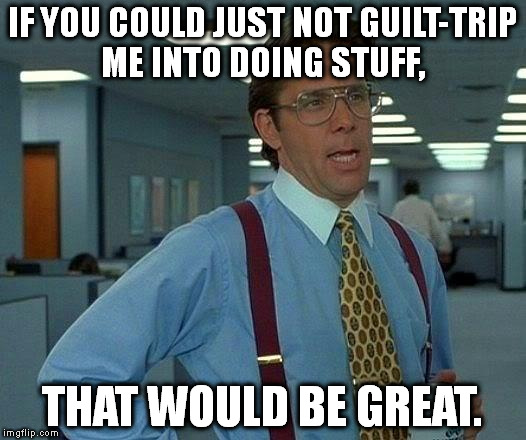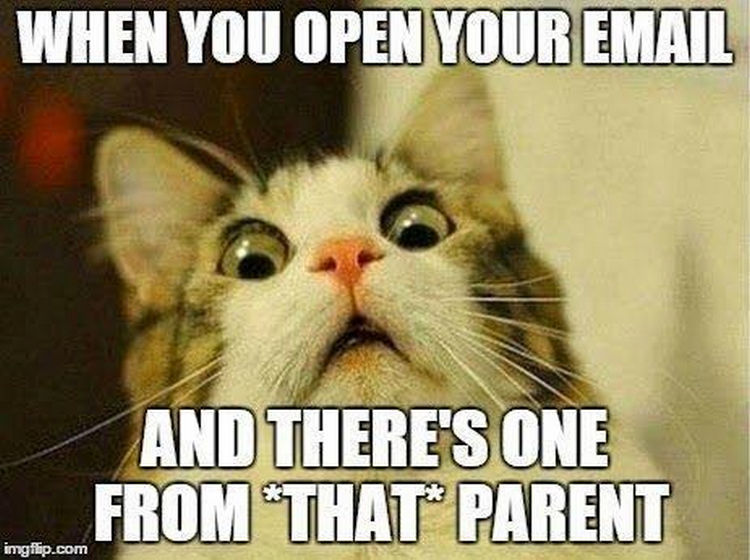Parents as Allies??
Category Archives: Big History
Millennials don’t know about Holocaust, according to survey
forgetting about it. See the sobering NY Times article
linked here.
 We are so blessed to host a survivor here at
We are so blessed to host a survivor here atCarondelet Friday, April 20th, during 5th and 6th periods, in the Garaventa. The
number of living Holocaust survivors dwindles as the years go on. As
the article states, “Holocaust remembrance
advocates and educators, who agree that no book, film or traditional exhibition
can compare to the voice of a survivor, dread the day when none are left to
tell their stories.”
Our guest, Hana Berger Moran, is
in her 70s and was born in a concentration camp. She will be here to tell her
and her mother’s story, as chronicled in the recent book, Born
Survivors by Wendy Holden.
curriculum, and the English department teaches it with the classic graphic
novel Maus by Art Spiegelman. Church History classes also
address the Holocaust. Thank goodness our school continues to educate youth
about the horrific events of the Holocaust. The Catholic faith is immeasurably
linked to the Jewish people. Let us never forget.
 Thank you for supporting this important event. I know that
Thank you for supporting this important event. I know thatlosing instruction time gets tricky. I welcome all of you to attend along with
our freshmen, if you can make it. Please
join us even if you can’t stay the whole time.
 Particulars: Hana will start at 12:30 and continue through the
Particulars: Hana will start at 12:30 and continue through theend of 6th period. Fifth period teachers of frosh: please take attendance
before escorting (or sending) girls to the Garaventa Center. Sixth period
teachers of frosh: The girls won’t be checking in that day. Students have been
given Teacher Notification forms for you to sign.
Critical Thinking and Reading: ‘Big History’ Skills for all Disciplines
I’ve completed half of the Big History Project online professional development and want to share some of my initial thoughts. While this post might not be of value to the English and Social Studies teachers who will be completing the P.D., I thought it might be of interest to others who want to get a better sense of the skills the course emphasizes. These skills certainly transcend any single discipline.
(1) Critical Thinking: Big History emphasizes critical thinking as a skill. The course explicitly teaches critical thinking through the routine of “claim testing.” In Big History, claim testing means examining an idea in four different areas that challenge students to consider four different questions:
- intuition: Does the claim jive with your intuition?
- authority: Does the claim come from a trusted source?
- evidence: Does the claim come with data points to back it up?
- logic: Does the claim follow a clear line of reasoning?
The course starts by having students apply claim testing to readings. Then, they practice with debates. The idea is that as the practice of claim testing becomes more familiar to students, they naturally apply it to class discussions and writing.
(2) Reading: Big History embraces three different approaches to teaching reading:
- leveled readings: In partnership with Newsela, the course readings are provided at a variety of reading levels so that students at all levels have access to the big ideas. I love this embedded differentiation!
- three close reads: On the first reading, students read for the “gist” and make a prediction. On the second read, the students read for key facts and main ideas. On the third read, students “think bigger” and are asked to connect the text to a broader concept.
- video as text: The course treats video as text to be “read.” I love this mindset as it encourages active learning in activity often viewed by our culture as passive.





